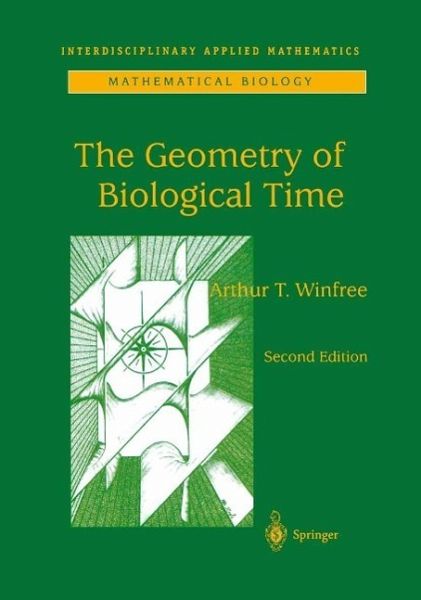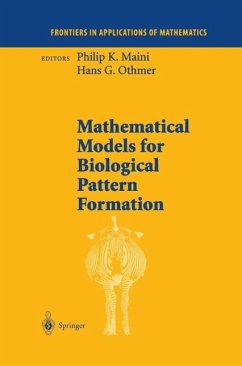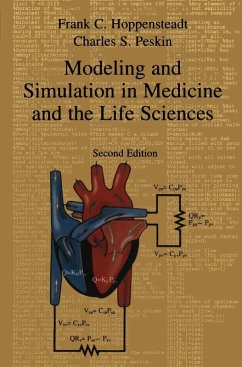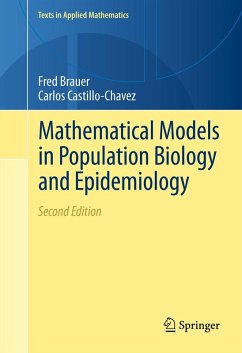helping the non-applied reader to see the beauty of mathematical modeling. Second, because Winfree explains the modeling process very thoroughly, instead of just presenting equations, the book can serve as a medium for the medical professional to acquire an understanding of the modeling process. A wonderful accomplishment...I am proud to have this book on my shelf and consider it...a seminal text in mathematical modeling. This is a text that every first year graduate student should look at in some detail."
(Mathematical Reviews)"The new edition of The Geometry of Biological Time is a fascinating update of the delightful original. This new edition contains thoughtful commentary on new developments in the field, adding a historical and sociological dimension to the original book's elegant and unifying treatment of biological problems involving processes that repeat themselves regularly, i.e. involve 'rhythmic return through a cycle of change.' The book is an enjoyable page-turner, even for those readers with only a passing interest in biology, and demonstrates well the synergistic effect between biology and mathematics. ...
The term 'page-turner' may seem unusual in mathematics; however, it is appropriate here.Not only is the reader continually tantalized by the figures appearing on the ensuing pages, but the new commentary lends a mystery-novel feeling to the book. This second edition was created by inserting new text boxes into the original, mostly intact, edition. This style leads to a fascinating historical picture. For example, the text, '(...In the latter cases the periodicity approximation gets worse closer to the pivot. I wish here to sweep such matters under the rug (in 1978))' is followed by a new text box that begins, 'The bulge under the rug grew and grew...', continuing with a description of developments over the last two decades. The plot continues even now, with descriptions of the last twenty years often followed in the book by descriptions of current puzzles. In summary, the original book is good and the second edition is even better; the historical commentary is fascinating, and there are also a few reorganized and new chapters presenting additonal biological examples."
(MAA Online)













